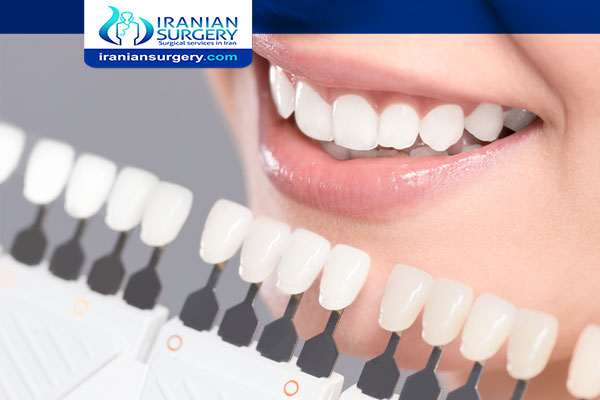Dental crown pain

Causes and treatment of tooth crown pain:
Few types of pain are as debilitating as a toothache, and if you thought a crown would spare you that pain, you may be surprised. Tooth crown pain exists. If you're experiencing discomfort around your crown, whether it's a new or an established one, you'll need to get it sorted out before you can have real relief. It is rare to have problems once a crown is placed, but occasionally there may be issues. If you experience pain after a crown, you should contact your dentist about it ASAP.
What is a toothache?
Throbbing tooth pain is a sign that you might have tooth damage. Tooth decay or a cavity can give you a toothache. Throbbing tooth pain can also happen if there is an infection in the tooth or in the gums surrounding it.
Toothaches are typically caused by an infection or inflammation in the tooth. This is called pulpitis.
The soft pink pulp inside your tooth helps to keep it healthy and alive. Tooth pulp contains tissue, nerves, and blood vessels.
A cavity or crack in the tooth lets air and germs inside the tooth. This can irritate and infect the sensitive pulp nerves, leading to tooth pain.
Other symptoms
- constant dull ache
- sharp pain when you bite
- pain when you eat something sweet
- sensitive or tingly teeth
- pain or tenderness in the mouth
- pain or aching in the jaw
- mouth or gum swelling
- redness
- bad taste in the mouth
- a bad smell in the mouth
- pus or white fluid
- fever
Causes of Tooth Crown Pain
Crowns cause pain for a number of reasons. If your crown was fitted without having a root canal procedure to remove the tooth pulp, it could be putting pressure on a traumatized nerve. And unless the bite, also known as occlusion, is perfectly aligned, a patient who grinds his or her teeth during sleep could experience pain from pressing down on any high spots or areas where the tooth is higher than it should be. Another cause of pain comes from previous fillings, particularly those made from silver, may have had leakages resulting in bacteria infecting the nerve root.
Treatment at Home
Your first step is to determine whether you are grinding your teeth at night, a habit called bruxism. If you do, you may have symptoms such as tight, painful jaw muscles upon waking, long-lasting pain and occasional swelling in the lower part of your face or jaw, and of course a grinding sound during sleep.
You can get some relief from generic mouth guards purchased at a drug store or online, and from taking steps such as meditation to reduce stress and anxiety before bed. Try relaxing your jaw muscles using a warm, moist washcloth on your cheeks before going to sleep.
When Should You See Your Dentist?
If you are experiencing crown pain, be sure to pay attention to where you feel it, its severity and frequency. Is it becoming more persistent? If so, then you shouldn’t hesitate to contact your dentist so the problem can be professionally diagnosed. You may very well need another corrective restorative dentistry procedure performed.
Just remember not to panic in the event that any of these events transpire. Your local dentist is trained and skilled in not only performing procedures right the first time, but correcting existing problems as well. Just reach out to explain the details of what has been happening to your dentist and schedule an appointment to get the relief that you desperately need.
10 common question about Causes and treatment of tooth crown pain
[kkstarratings]


